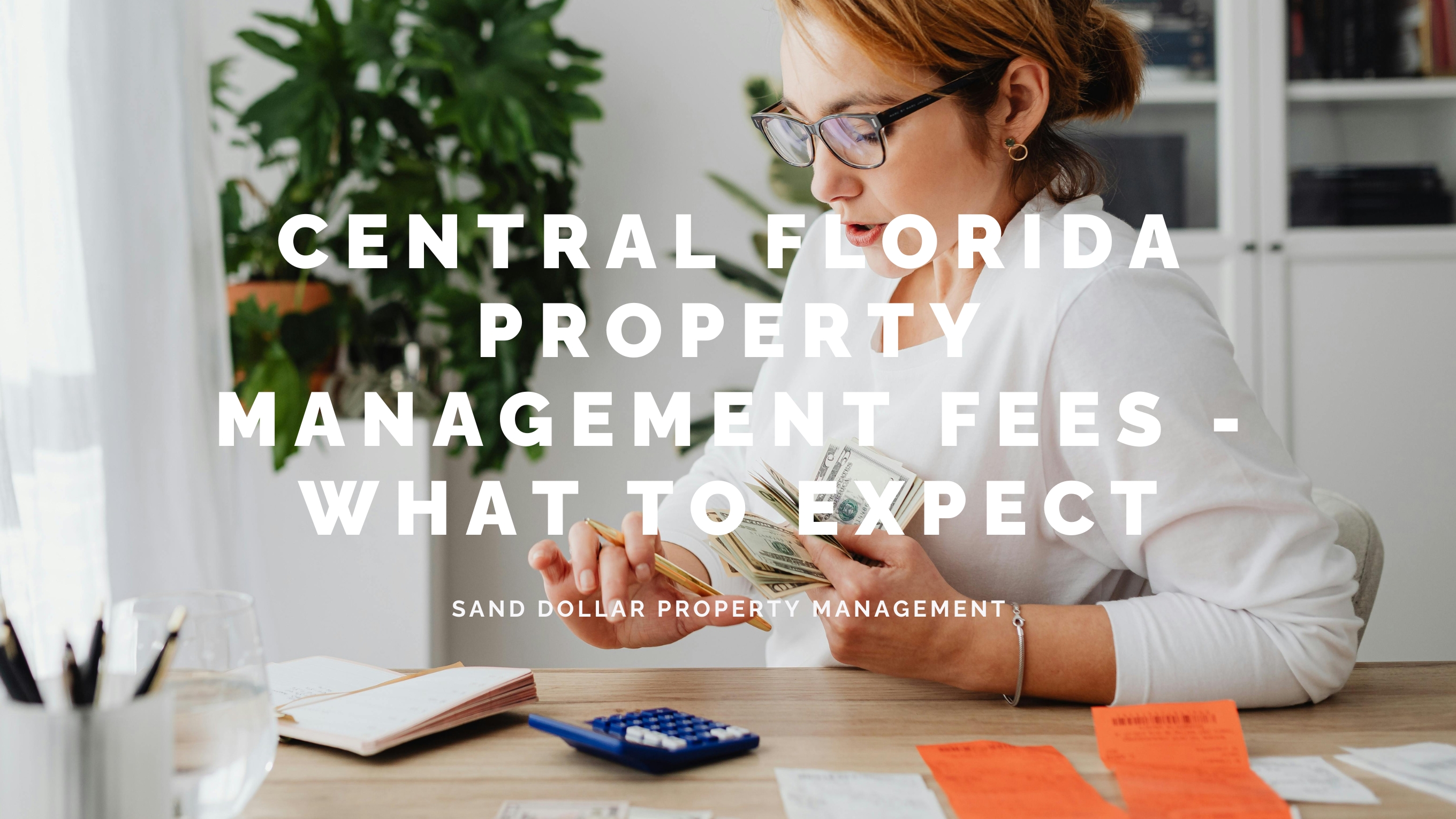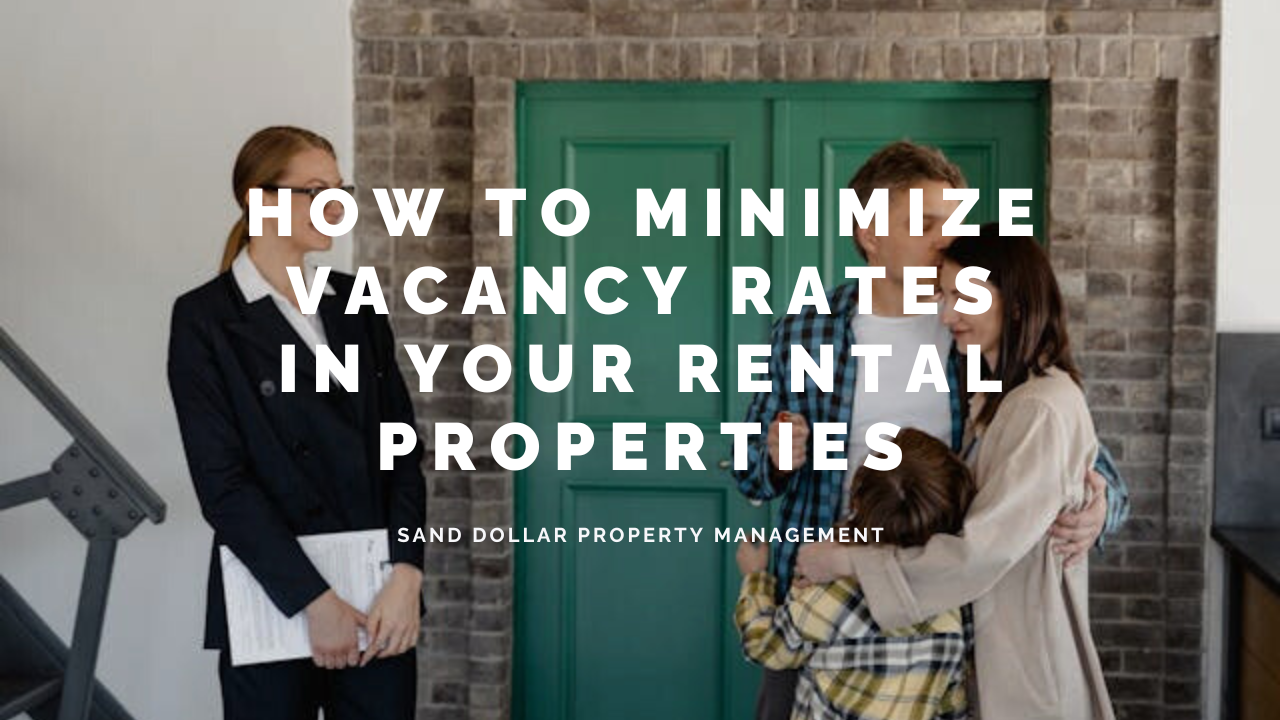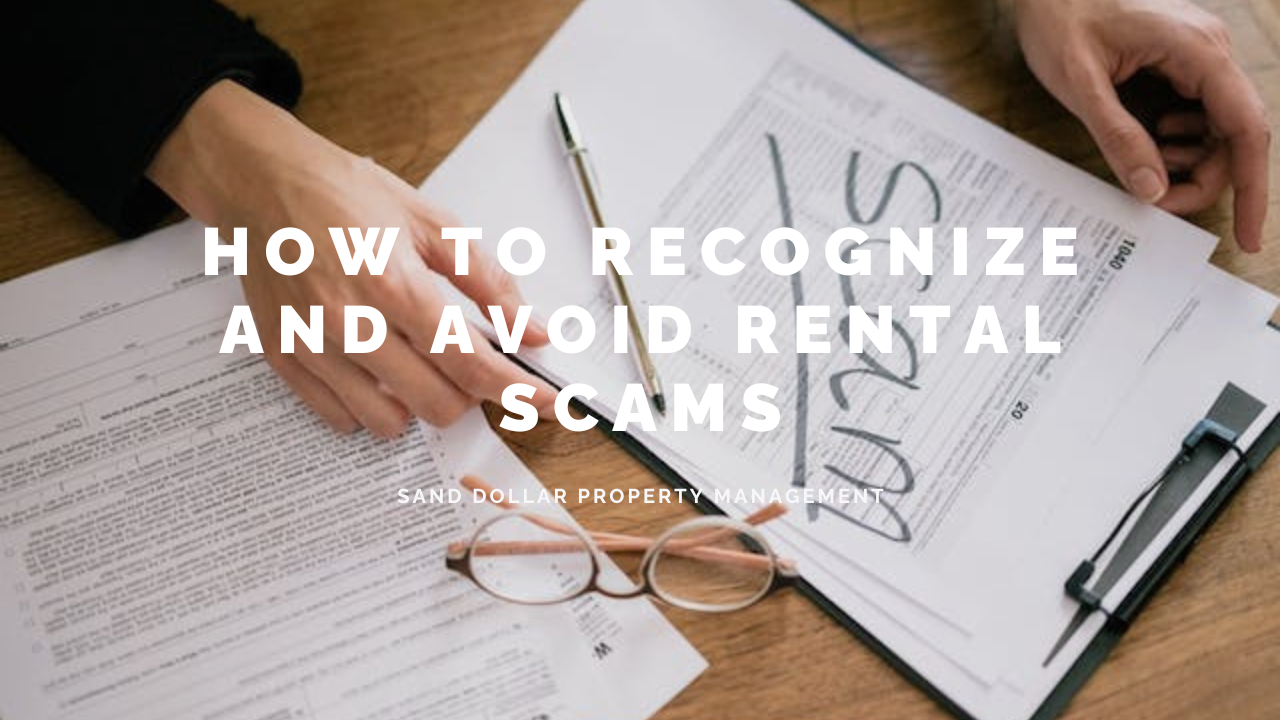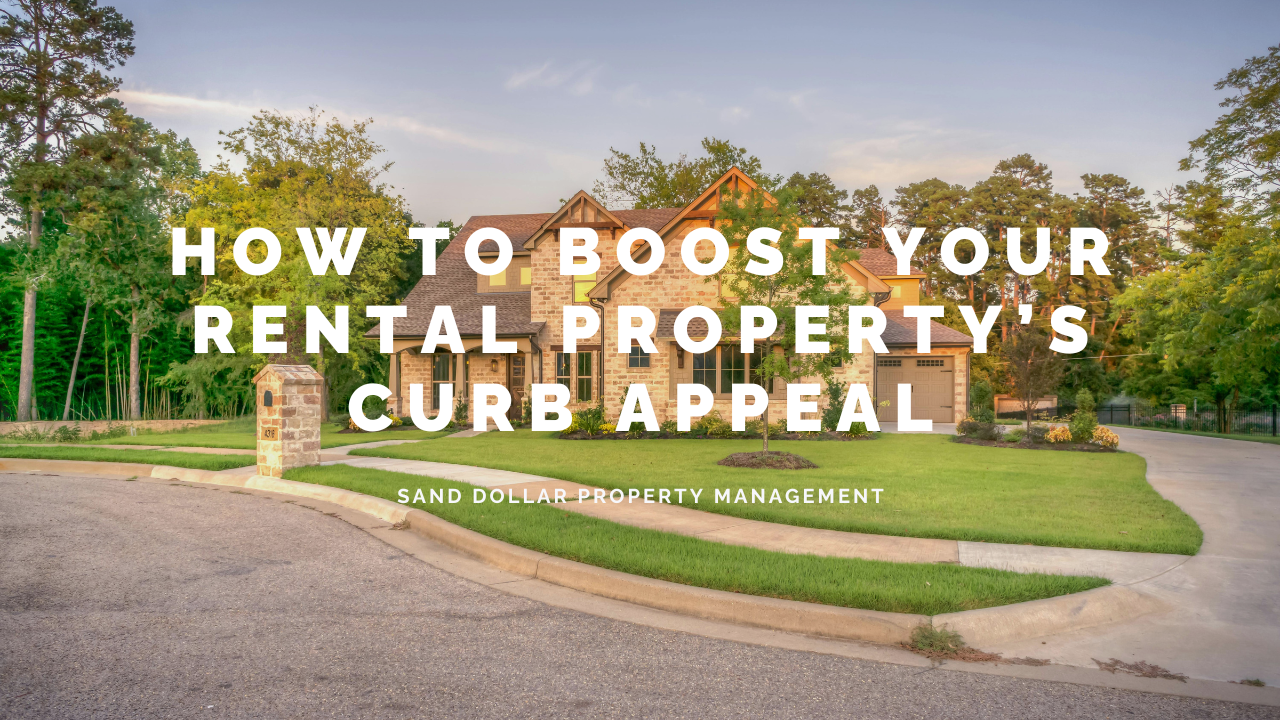Key Takeaways
- Property management fees typically range from 7–10% of monthly rent: This covers essential services like rent collection, maintenance, and tenant support, with additional fees for leasing and renewals.
- Expect extra costs for maintenance, inspections, and evictions: Managers may charge a 10% markup on repairs, $100–$200 for annual inspections, and $600–$1,200 for eviction handling.
- A good property manager boosts ROI while saving time and stress: With fewer vacancies, better tenants, and professional oversight, management services often pay for themselves over time.
When considering whether to bring in a property manager, one of the first questions that comes to mind is: How much will it cost? Knowing what to expect in terms of fees can help you make a smart, informed decision.
At Sand Dollar Property Management, we understand that cost is a major factor when deciding who to trust with your rental. That’s why we’ve outlined the most common property management fees, what they cover, and how they benefit you as a property owner.
CONTACT US TODAY FOR A FREE RENTAL ANALYSIS
1. Initial Setup Fee
To start, many companies charge a one-time onboarding fee. This covers the behind-the-scenes work that gets your property into their system.
The fee usually falls between $300 and $500, although some firms waive it entirely, especially if you’re signing a longer-term agreement or have multiple properties.
2. Monthly Management Fee
At the heart of the cost structure is the ongoing property management fee. This is what you’ll pay each month for the core services provided. In metropolitan areas, this fee usually ranges from 7% to 10% of the rent collected.
This fee typically includes a full suite of services, such as:
Collecting rent and handling deposits.
Coordinating maintenance (including 24/7 emergency response).
Serving as the primary point of contact for both residents and owners.
Ensuring lease terms are followed.
Year-end reporting for tax purposes.
Assessing property condition and managing utilities.
It’s wise to look closely at what’s included in each company’s package. Fees may look similar, but the value can vary widely.
While the percentage may seem like a cost upfront, a well-managed property typically sees higher tenant satisfaction, fewer vacancies, and improved lease compliance, which contribute to a stronger return on investment (ROI) over time.
LEARN HOW TO CALCULATE YOUR ROI

3. Market-Sensitive Pricing
Fees are not one-size-fits-all. In regions where average rents are lower, property managers may charge a higher percentage to make the service financially viable.
On the flip side, areas with high rental prices often see lower percentage-based fees. Knowing your property’s rental potential can give you a good estimate of what your costs will be.
4. Resident Placement or Leasing Fee
When your unit becomes vacant, filling it with a qualified tenant takes time, effort, and skill. Property managers often charge a leasing fee to handle this process. This usually begins with a walkthrough to spot any repairs or updates needed to make the unit market-ready.
Next, they’ll take high-quality photos and advertise the listing across multiple platforms. They’ll also set an attractive yet competitive rent based on location, size, and amenities.
Once applications roll in, thorough screenings are conducted, including credit history, background checks, employment, and landlord references.
Once a tenant is chosen, the manager handles the lease, move-in, and setup. This fee is charged only after successful placement. Be wary of companies that bill upfront.
5. Lease Renewal Charges
Renewing a lease involves paperwork, market research, and coordination. Some companies charge a lease renewal fee, often between $150 and $300, to handle rent adjustments, updated terms, and the extension process.

6. Maintenance Coordination Markup
In older homes or buildings needing frequent repairs, some managers add a small markup ― typically around 10% ― on maintenance costs. For example, if a contractor charges $100, you may be billed $110.
While some firms absorb minor repair expenses and reconcile later, others request approval and payment before proceeding.
7. Annual Property Inspections
To protect your asset and ensure lease compliance, many property managers conduct yearly inspections, costing around $100 to $200. These evaluations can catch small problems before they become major issues, helping to preserve your property's condition and value over time.
8. Eviction Handling Fees
While good tenant screening reduces risk, evictions can still happen. Some companies offer limited eviction protection, covering legal costs up to a cap. Others charge separately.
Legal fees for an eviction can run from $600 to $1,200, not including court or filing expenses. Knowing how your manager handles such scenarios is essential for avoiding surprises.
9. Vacancy Fees
Though less common, a few firms charge a vacancy fee, typically $50 to $100, if a unit remains unrented beyond a certain time frame. If you see this fee, ask questions.
A well-managed property should not sit empty for long in a healthy market.
Annual Cost Expectations
On average, you can expect to spend between $2,000 and $3,000 yearly per property on full-service management. These costs can vary depending on the size, rent level, and location of your property.

Tax Deductibility of Fees
Here’s some good news: property management fees usually qualify as tax-deductible operating expenses. If you're in a combined 35% tax bracket (25% federal and 10% state), a $2,000 annual management cost may effectively cost you just $1,300 after deductions.
This deduction can also apply to repairs, maintenance, and other services facilitated by your manager.
Why the Cost is Often Worth It
Managing a rental takes time, patience, and expertise. If you have a full-time job, travel frequently, or simply prefer to stay hands-off, a property manager offers peace of mind. They’re available 24/7 for emergencies, stay on top of compliance issues, and act as your eyes and ears on the ground.
Additionally, seasoned managers bring local market insight from setting the right rent to staying compliant with tenant laws.
Focus on Value, Not Just Price
While it’s natural to focus on fees, it’s smarter to assess the overall value of the service. A good property manager doesn’t just take tasks off your plate; they can help increase your returns by reducing vacancies, securing better tenants, and protecting your investment over the long term.
Bottom Line
Understanding the full spectrum of property management costs is important for making informed decisions. While an average of $2,000 annually may seem like a significant outlay, the time savings, professional oversight, and long-term value typically justify the expense.
Ready to streamline your rental operations and boost returns? Contact Sand Dollar Property Management today to learn how we can help your rental business thrive.
FIND OUT WHETHER RENTING OR SELLING IS THE RIGHT CHOICE FOR YOU











